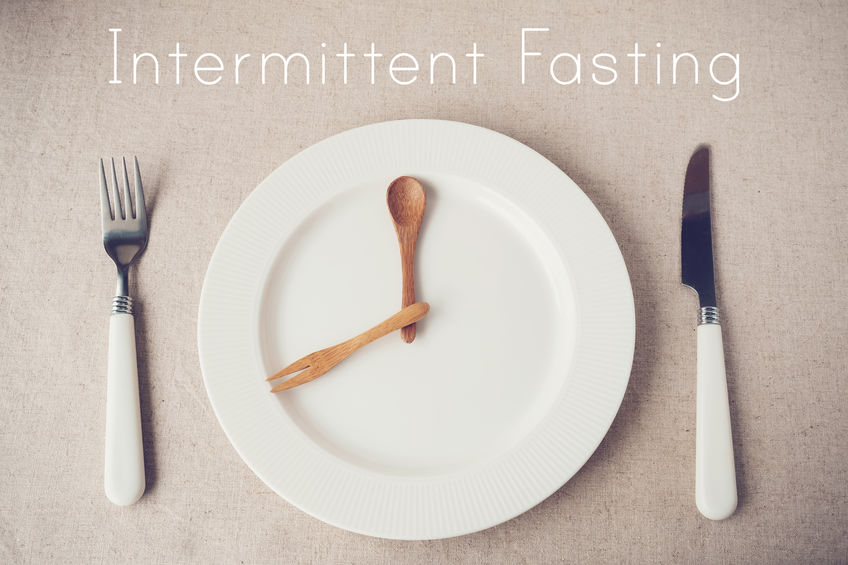Does Intermittent Fasting work for weight loss? You may be surprised to learn that it is no more effective than any other calorie restricted diet. Nor does it show any of the long-touted health benefits.
In a yearlong study, participants who confined meals to certain hours lost no more weight than those who ate at any time.
The weight-loss idea is quite appealing: Limit your eating to a period of six to eight hours each day, during which you can have whatever you want.
Studies in mice seemed to support so-called time-restricted eating, a form of the popular intermittent fasting diet. Small studies of people with obesity suggested it might help shed pounds.
New Study Answers the Question “Does Intermittent Fasting Work?”
But now, a rigorous one-year study in which people followed a low-calorie diet between the hours of 8 a.m. and 4 p.m. or consumed the same number of calories anytime during the day has failed to find an effect.
The bottom line, said Dr. Ethan Weiss, a diet researcher at the University of California, San Francisco: “There is no benefit to eating in a narrow window.”
Intermittent Fasting Diet Study Details
• The study, published on Wednesday in the New England Journal of Medicine, was led by researchers at Southern Medical University in Guangzhou, China.
• It included 139 people with obesity.
• Women ate 1,200 to 1,500 calories a day, and men consumed 1,500 to 1,800 calories daily.
• To ensure compliance, participants were required to photograph every bit of food they ate and to keep food diaries.
Intermittent Fasting Diet Study Results
• Both groups lost weight — an average of about 14 to 18 pounds — but there was no significant difference in the amounts of weight lost with either diet strategy.
• There also were no significant differences between the groups in measures of waist circumference, body fat and lean body mass.
• The scientists also found no differences in such risk factors as blood glucose levels, sensitivity to insulin, blood lipids or blood pressure.
“These results indicate that caloric intake restriction explained most of the beneficial effects seen with the time-restricted eating regimen,” Dr. Weiss and his colleagues concluded.
Dr. Christopher Gardner, director of nutrition studies at the Stanford Prevention Research Center, said he wouldn’t be surprised if time-restricted eating nonetheless worked on occasion.
“Almost every type of diet out there works for some people,” he said. “But the take-home supported by this new research is that when subjected to a properly designed and conducted study — scientific investigation — it is not any more helpful than simply reducing daily calorie intake for weight loss and health factors.”
Dr. Louis J. Aronne, director of the Comprehensive Weight Control Center at Weill Cornell Medicine in New York, said that, in his experience, some people who have trouble with calorie-counting diets do better if they are told simply to eat only during a limited period of time each day.
“While that approach hasn’t been shown to be better, it doesn’t appear to be worse” than calorie counting, he said. “It gives patients more options for success.”
Click here to learn more about does intermittent fasting work for weight loss.






